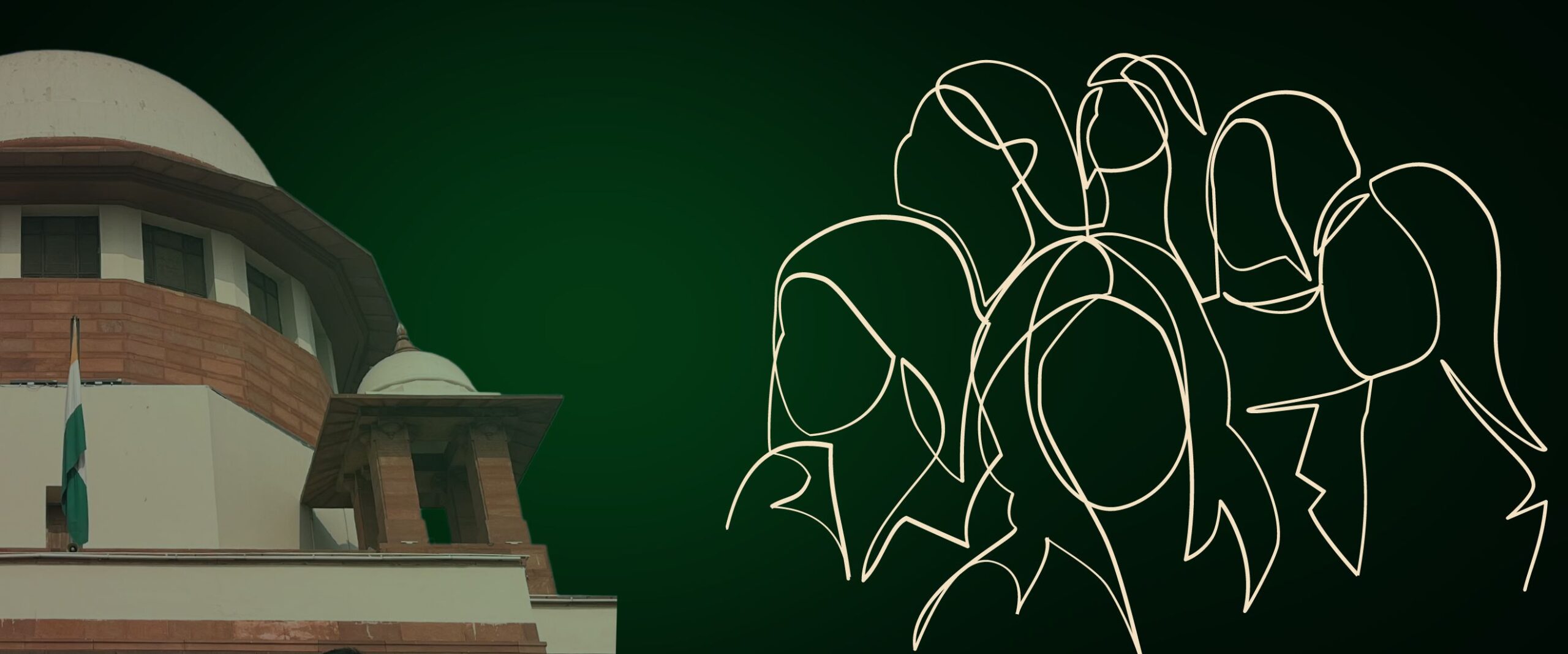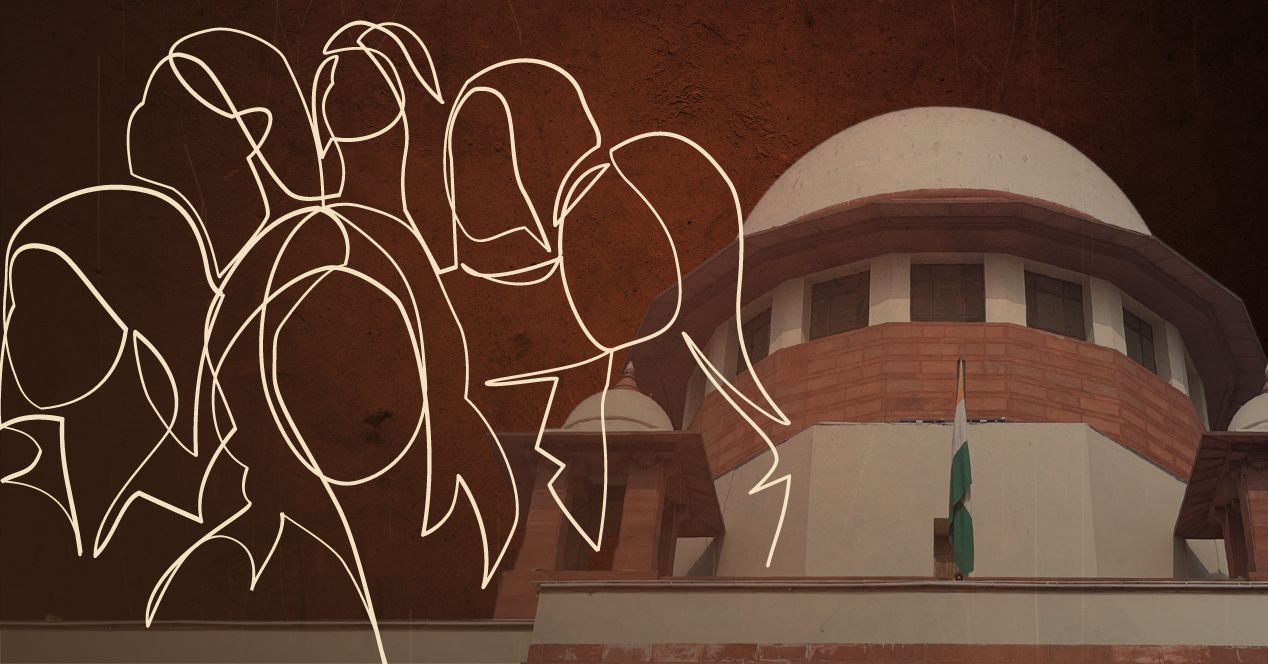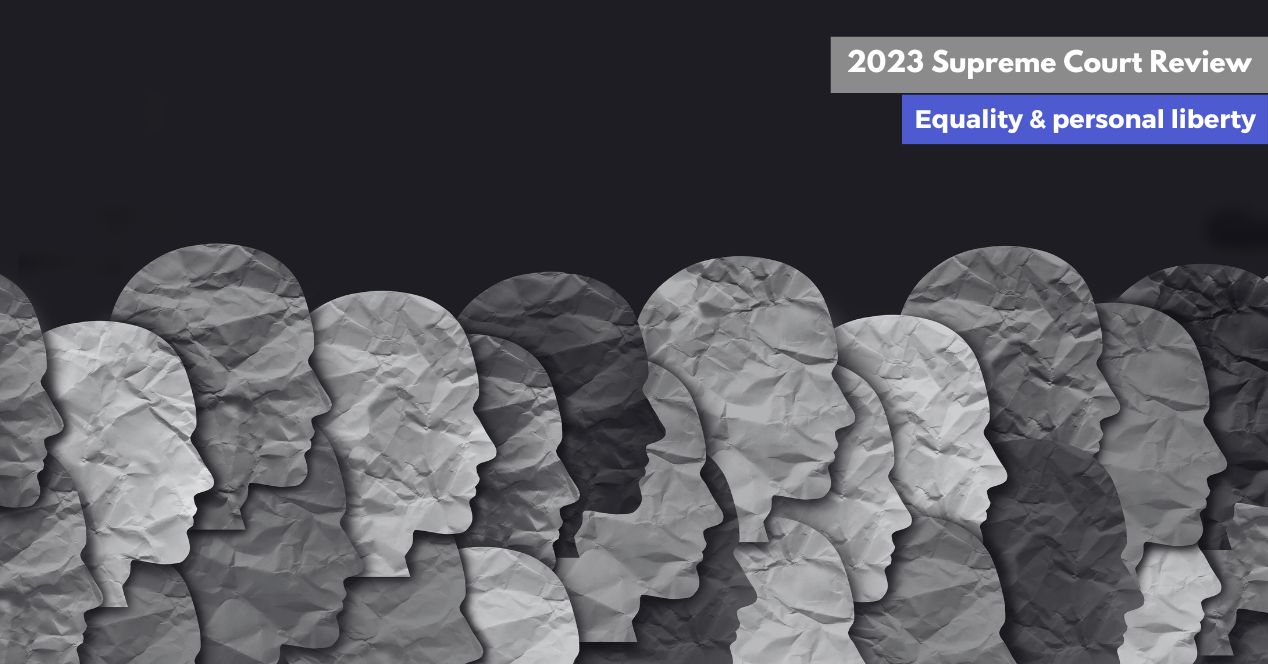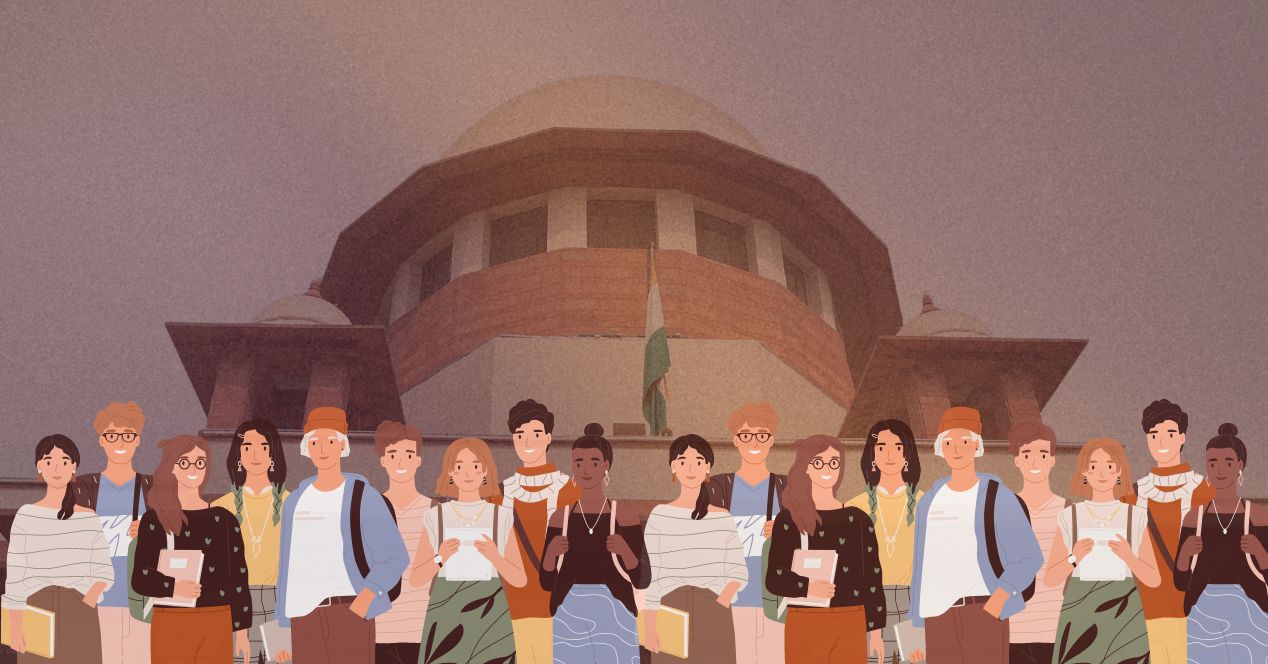Analysis
Kolkata rape and murder case | No coercive action against protesting doctors who return to work, says Supreme Court
The bench also reviewed the CBI’s status report and directed the National Task Force to factor in concerns of doctors and other stakeholders

In Re: Alleged rape and murder incident of a trainee doctor in R.G. Kar Medical College and Hospital, Kolkata and related issues | Day 2
Today, a bench of Chief Justice D.Y. Chandrachud with Justices J.B. Pardiwala and Manoj Misra continued to hear the case concerning the rape and murder of a woman-trainee doctor at R.G. Kar Medical College, Kolkata.
The incident occurred on 9 August 2024. The top court had taken suo motu cognisance (of its own volition) on 18 August, though the case was being heard by the Calcutta High Court. The High Court had transferred the investigation of the case from the Kolkata Police to the Central Bureau of Investigation (CBI).
Widespread protests from doctors, medical associations, student bodies and civic groups erupted across the country after the incident. On the eve of the 78th Independence Day, a “Reclaim the Night” campaign was held in the streets of Kolkata. That night, following a protest at the R.G. Kar Medical college, a mob attacked the premises and vandalised critical hospital property including the crime scene.
On 20 August 2024, the first day of hearing, the top court noted that it took up the case suo motu as it raised serious questions about the safety of doctors and medical professionals. CJI Chandrachud appealed to the doctors to return to work assuring them that the Supreme Court had their backs. Notably, the Court set up a nine-member National Task Force (NTF) to formulate a national protocol for doctor safety. Further, it directed the CBI to submit a status report on its investigation of the incident and the state of West Bengal to submit a status report on the vandalism at the R.G. Kar Medical Hospital by today.
In today’s hearing, the bench examined both reports. Solicitor General Tushar appeared for the CBI and Senior Advocate Kapil Sibal appeared for West Bengal. The bench also heard several safety concerns from doctors associations across the country. They requested the doctors to return to work and directed the hospital authorities to not take any coercive action against those who were protesting in the past few days.
‘Muddying waters’ and ‘removing the mud’
A significant portion of today’s hearing was centred around the timing of registration of the Unnatural Death Investigation (UDI) report. According to the CBI’s status report, the UDI report was registered by the Kolkata Police at the Tala Police Station, Kolkata at 11:30 pm on 9 August 2024. The bench initially came down heavily on the West Bengal government, pointing out that the crime had been detected in the early morning hours that day. They demanded explanations for the delay in filing the UDI report.
Justice Pardiwala questioned how the post-mortem—which according to the CBI report, was conducted between 6:10-7:10 pm could precede the registration of the UDI. The fact that a body required a post-mortem, he said, indicated that an unnatural death had occurred.
Sibal however, informed the bench that misinformation was being spread and the CBI was “muddying the waters.” Drawing attention to a timeline of events prepared by the state government, he insisted that the UDI was filed at 10:10 am on 9 August 2024 and not 11:30 pm. He pointed out that entries in the General Diary of the Police Station, the Magistrate’s Order and seizure documents had made references to the UDI. He contended that these documents were prepared much before 11:30 pm. “We have followed the procedure laid down by the law to the T,” he exclaimed.
Mehta responded that the CBI was in fact, “removing the mud from the waters.” He reiterated several times that the CBI did not have access to the timeline prepared by the state. The CBI’s report, he clarified, was based on the case files handed over to the Police. An officer of the CBI, also stated that the information in its report was accurate and based on documents provided by the state of West Bengal.
After going around in circles, it was ultimately settled that the UDI was in fact filed in the morning, and an entry about its registration was done at night. The Chief however said that this did not explain why the First Information Report (FIR) was filed only at 11:45 pm on 9 August. He also questioned why the Principal of the College had not taken any action after being apprised about the incident. Moreover, he questioned why the state designated him as a Principal of a different medical college immediately after he resigned from R.G. Kar. Sibal responded that the FIR was delayed because the parents of the deceased doctor intended to register a formal complaint themselves. On the other question, he said that they would respond separately.
Return to work, no ‘coercive action’ will be taken against doctors
Lawyers appearing for resident and non-resident doctor associations from across the country expressed a variety of concerns to the bench. They informed the Court that doctors were being reprimanded and marked as absent by the hospital authorities though they did not cut off any emergency services. They also flagged that there was a hierarchy amongst doctors and the ones on the lower end worked almost 48-hour shifts at a stretch.
Associations spoke in support of institutionalised FIRs (where the institution immediately files an FIR in case of a crime). Some stated that their voices were not being heard by the authorities. Lastly, they told the bench that they were petrified to return to work as there was a lack of adequate security at the hospitals. CCTVs were only installed at the entrance.
The bench noted that the concerns raised by them were well taken and that the National Task Force (NTF) would address them. “We are not just going to lay out guidelines, we are going to pass an enforcement direction,” the Chief assured the doctors.
In the meantime, the Court urged the doctors to “go back to work.” They stated that no doing so would impact many patients. The bench emphasised that “normalcy had to be restored.” The Chief also remarked that “justice and medicine cannot go on strike [indefinitely]”.
To better address the safety concerns, the bench directed the Ministry of Health to engage with Chief Secretaries and Director Generals of states, while the report of the National Task Force is under formulation.
Senior Advocate Aparajita Singh and Mehta stated that the Court’s suo motu cognisance of the issue has provided a “healing touch to the doctors” across the country.
Directions of the bench
Assuring that doctors would not be reprimanded for protesting in the past, the bench asked them to “get back to work.” They also directed the NTF to consult all stakeholders and take into account their concerns. The bench highlighted three recommendations made by various doctors groups for the NTF to consider. These are:
- institutionalising distress call mechanisms
- regulation of duty hours and
- creation of a compensation distress fund.
The Court also directed the Health and Family Welfare Department to open a portal on its website where various stakeholders could make recommendations and suggestions for the NTF to consider while formulating their framework.
Lastly, they directed the West Bengal government and the CBI to file their next status reports by 5 September 2024.
“Do not politicise the incident“
During the hearing, Sibal filed a confidential affidavit to the Court. A copy was provided only to the Bench and the CBI. The contents of the affidavit were not read aloud , but from context, it was clear that it pertained to an event, most likely a protest, scheduled to take place on 27 August. He indicated that this had to be done in an organised manner, otherwise, it would lead to security problems for the state. “They will carry flags, once the flags are removed, they become sticks,” he said. He suggested that since the Court had said that protesters must not be harmed, the route and area of the protest must be specified beforehand and restricted to that area. The Court held that their direction to not mishandle peaceful protests did not injunct or stop the state regulatory authorities from exercising “lawful powers” of regulation.
Mehta also pointed out that a member of the ruling party in West Bengal had made threatening statements that fingers of those who stood up to “their leader” would be chopped. Sibal responded that the Leader of the Opposition in the state had made threats about using gun-power as well. The Court asked the two sides not to politicise the event and let normalcy resume. “The law will take its course,” the Chief said.
The case will be heard next on 5 September 2024.




